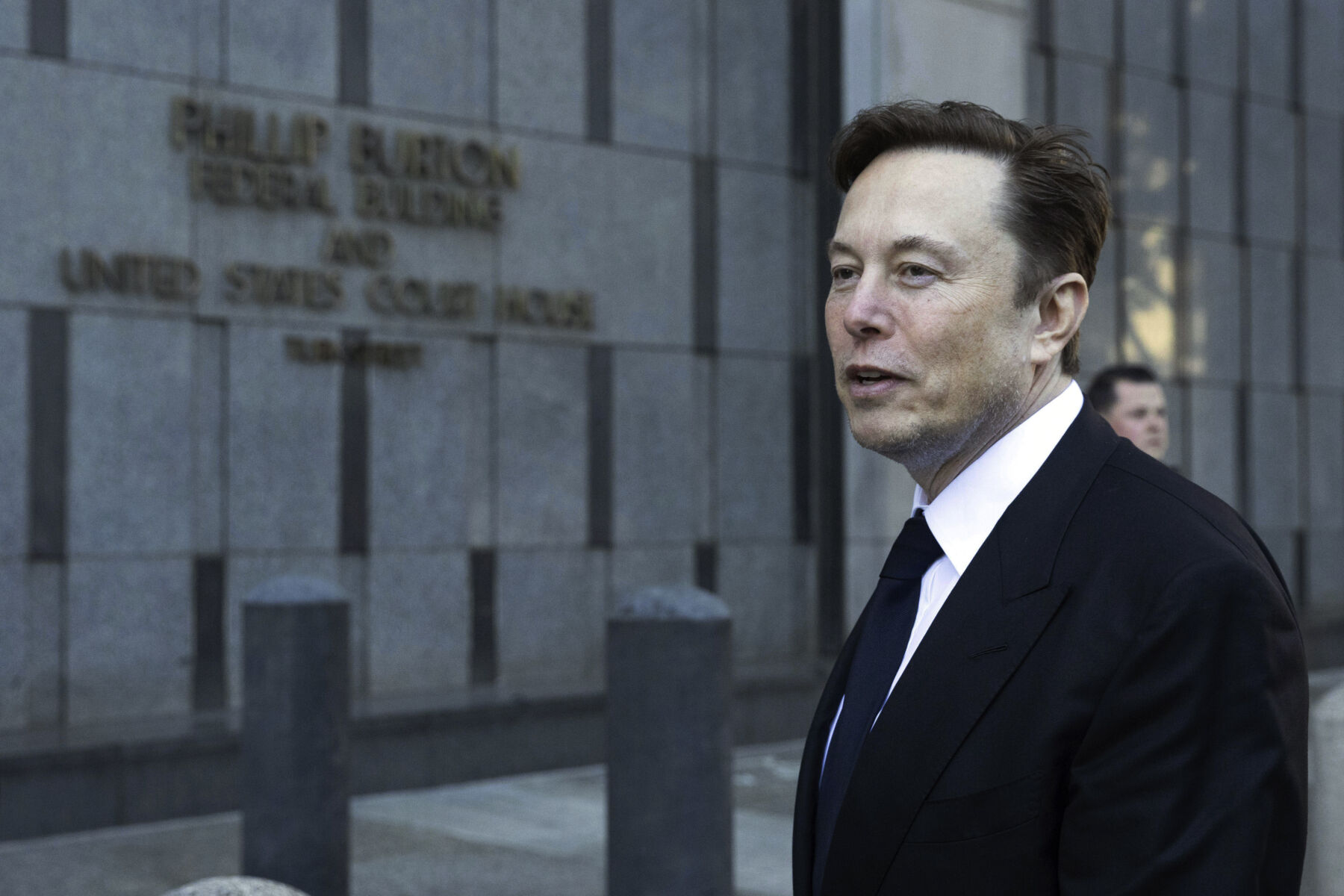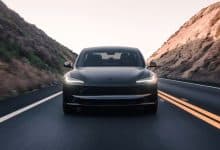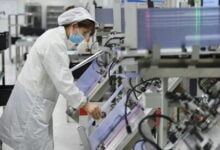Elon Musk’s US$55 billion pay deal under threat after judge’s ruling

Having spent several years as the wealthiest person globally, Elon Musk, CEO of Tesla, faces the potential of falling to the third position following a Delaware judge’s ruling on his US$55 billion pay deal.
The judge, Kathaleen St. J. McCormick, sided with a Tesla investor who argued that the 2018 remuneration package lacked clarity on Musk’s performance expectations and that the approving board was fraught with conflicting interests.
The judge’s decision could be a significant blow to Musk, who recently expressed his desire to increase his stake in Tesla to prevent being ousted and to maintain control over the company’s expansion into artificial intelligence (AI).
McCormick’s verdict characterised Musk’s pay package as the largest compensation opportunity ever observed in public markets. She considered it to be an unfathomable sum, historically unprecedented, and incredible. The size of the package was more than 33 times the second-largest plan, which was Musk’s compensation in 2012.
Despite the enormity of his pay deal, Musk was noted as not indulging in the lifestyle typical of billionaires, owning only one home. The judge cited Musk’s testimony where he stated: “I tried to put it on Airbnb, but they banned Airbnb in Hillsborough. They’re so uptight.”
The judge was highly critical of Tesla’s approval process for the deal, stating that it was deeply flawed. This was because the board members on the compensation committee, tasked with negotiating on the company’s behalf, were allegedly beholden to Musk. The individuals included former General Counsel Todd Maron, who had previously served as Musk’s divorce attorney; Antonio Gracias, a longtime friend of Musk; and compensation committee chair Ira Ehrenpreis, who had a 15-year relationship with Musk, reported Bangkok Post.
Musk’s control over Tesla
Musk has long harboured ambitions of colonising Mars through SpaceX, a major player in the commercial space industry. He had intended to use options from the 2018 package to fund this endeavour. The judge mentioned Musk’s belief in his moral obligation to direct his wealth towards colonising Mars and his view that his work at Tesla was only valuable if the money it generated could be used for making life multi-planetary.
Musk’s lawyers were unable to convince the judge of the necessity of the pay plan to stimulate the CEO to achieve transformative growth, as she believed that Musk had no intention of leaving Tesla and his ownership stake was motivation enough.
The judge concluded that Musk controlled Tesla, citing his 21.9% equity stake in Tesla, his status as Superstar CEO, and his extensive ties with the persons tasked with negotiating on Tesla’s behalf. She described the process leading to his pay deal as “deeply flawed.”
Ultimately, the judge concluded that Musk and Tesla had not adequately justified the massive pay package, comparing it to a defective car design. The process, she wrote, arrived at an unfair price. The Tesla investor who sued to block the plan on behalf of Tesla and its investors was entitled to rescission, she declared.
Latest Thailand News
Follow The Thaiger on Google News:


























